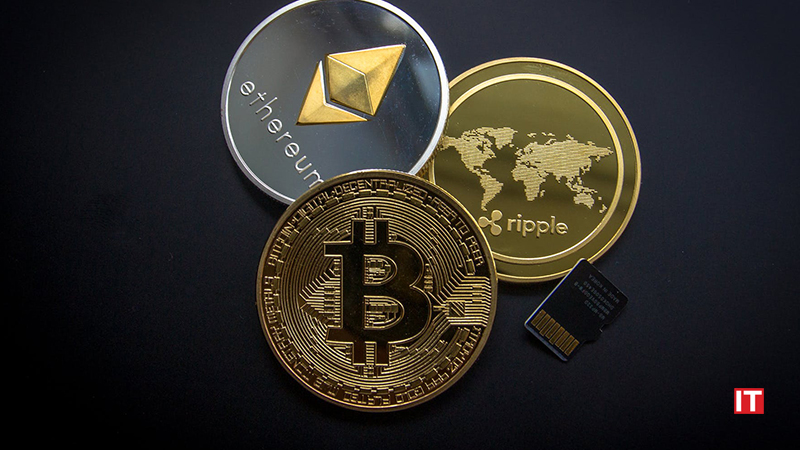Cryptocurrency turned out to be a big hit last year with the overall market capitalization now exceeding $1.6 trillion. The cryptocurrency world is constantly evolving with over 300 million crypto users worldwide. The huge userbase is what makes every new Bitcoin high capable of big drops as well. It is quite difficult to predict the future of cryptocurrency in the long run but to get a better sense of the market, experts are now following themes from increased adoption within the traditional financial systems to crypto regulations.
Also Read: Why Has BFSI’s Dependence on Cybersecurity Increased in the Digital Era?
However, the possibility to achieve the exact predictions is impossible. Here are top 5 trends in the crypto space in 2022 that are here to stay.
- Increased adoption of cryptocurrency in existing financial models
Many nations are looking to generate their own central government-backed crypto assets. This suggests that in the future more and more countries will incorporate some form of crypto into their existing financial models. In 2021, El Salvador adopted Bitcoin as a legal tender becoming the first nation to do so.
Increased adoption of cryptocurrency within the traditional financial system will help in building trust among potential crypto users and also create more familiarity.
- Incorporation of non-fungible tokens (NFT)
Fungible tokens, such as Bitcoin do not represent any claim to an asset or physical things making it easily tradable. Whereas, NFTs represent claims to physical or virtual things. Non-fungible tokens have a huge potential considering their usability for both physical and virtual property. Event organizers will soon mint NFT tickets onto a chosen blockchain and will sell them at a set price or auction them.
Big brands now looking for NFTs is evidently the most significant developments in 2022. This in turn will provide companies the opportunity to explore the emerging NFT space.
- Cross-blockchain bridges for trading cryptocurrencies
Cross-blockchain bridges help connect different blockchains together, enabling users to transfer cryptocurrencies from one chain to another. Cross-blockchain bridge protocols facilitate more peer-to-peer swaps.
As of now, there are about 20 popular cross-chain bridges. Overall, cross-blockchain bridge possibilities are expected to grow as they are connected to the Ethereum network due to Ethereum Virtual Machine (EVM) compatibility. This further boosts the process of making the multi-blockchain projects and interoperability to be the main theme for cryptocurrency.
- Rise of DeFi – Decentralized Finance
DeFi provides financial services without centralised intermediaries. This is possible through automated/smart protocols on blockchains making the need for financial intermediaries almost unnecessary. DeFi has great potential and can be used to complement the current traditional finance system. Last year the DeFi ecosystem grew very popular in the crypto community.
The growth of decentralized finance is still at the beginning stage as currently it has around 17% dominance in the crypto market.
5. Cryptocurrency regulations will become unavoidable
The cryptocurrency regulations have been and will become unavoidable in the coming months. Last year the crypto world witnessed significant regulations being imposed on cryptocurrency trading. From China banning all crypto-related activities to the U.S. authorities regulating some aspects of cryptocurrency. These significantly effective regulations were implemented to exercise authority to reduce the high volatility of the crypto market.
Also Read: All You Need to Know About Data and Analytics as a Core Business Function
In future, cryptocurrency regulations will become unavoidable as they help minimizing the use of crypto for illegal businesses and simultaneously help in mitigating the damages associated with sell-offs. Regulators are now investigating the DeFi (decentralized finance) space as well making cryptocurrency regulations unavoidable and to play a significant role in the crypto market
































